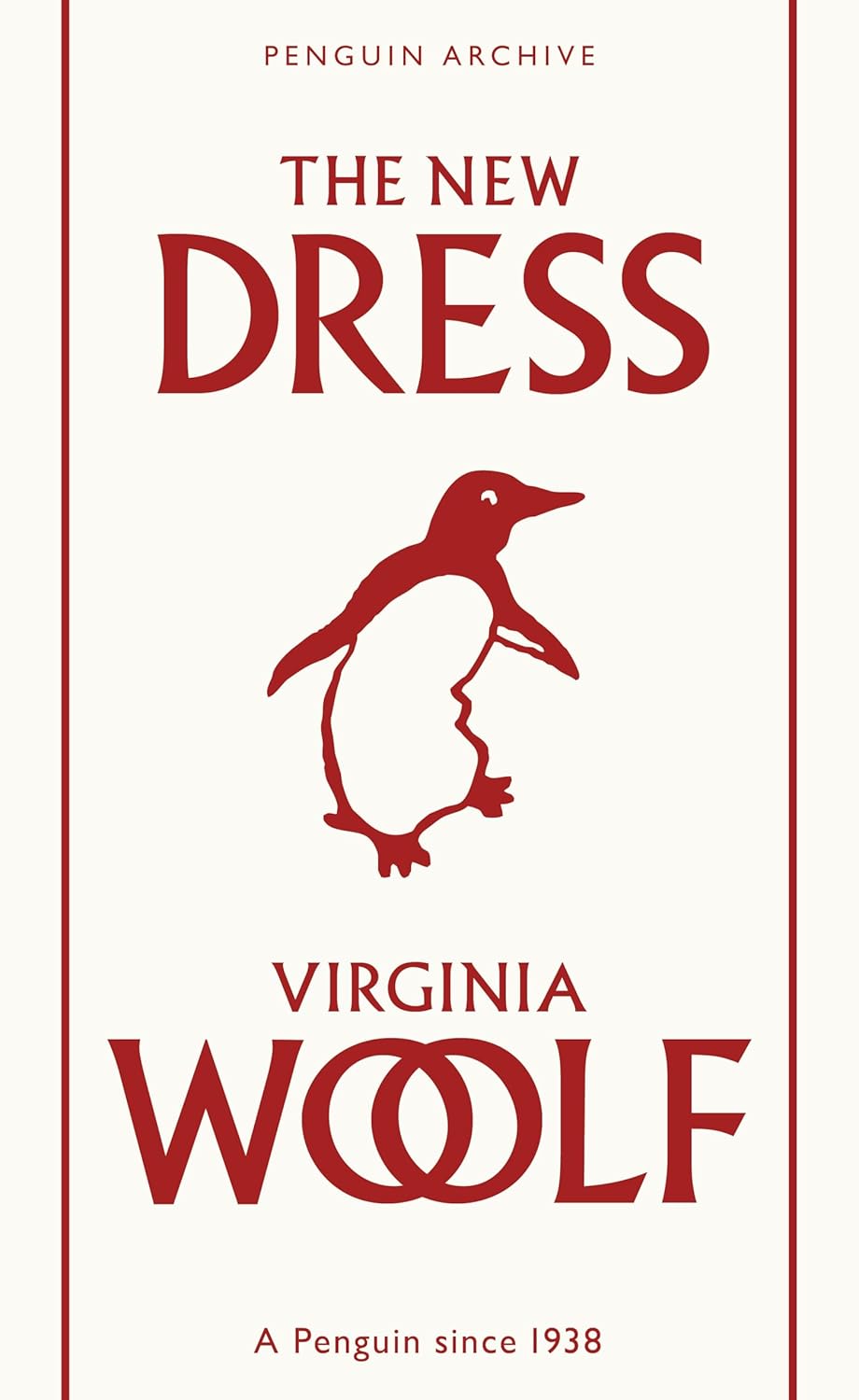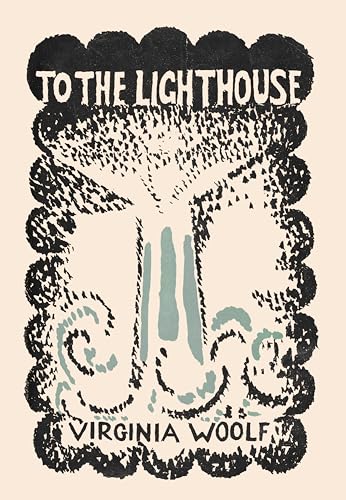Virginia Woolf's debut novel, The Voyage Out, is a rich exploration of self-discovery and the complexities of human relationships set against the backdrop of a voyage to South America. The story follows Rachel Vinrace, a young woman embarking on a journey that is both literal and metaphorical. As she travels with her father and a group of eclectic characters, Rachel grapples with her identity, societal expectations, and the constraints of her upbringing. Woolf's lyrical prose captures the beauty of the natural world and the intricacies of the human psyche, inviting readers to reflect on the transformative power of travel and the quest for personal freedom. The novel intricately weaves themes of love, loss, and the search for meaning, ultimately culminating in a poignant exploration of life's uncertainties.
Virginia Woolf
Virginia Woolf was a prominent English writer and modernist literary figure. Known for her stream-of-consciousness writing style, she challenged traditional narrative structures and explored themes of gender, class, and mental health in her works. Some of her most notable works include "Mrs. Dalloway," "To the Lighthouse," and "Orlando." Woolf's contributions to literature include her innovative approach to character development and narrative technique, as well as her exploration of the inner lives of her characters. Her most famous work, "Mrs. Dalloway," is considered a masterpiece of modernist literature and a reflection of Woolf's unique literary voice. Woolf's impact on the literary genre is undeniable, as she paved the way for future generations of writers to experiment with form and style in their own works.







